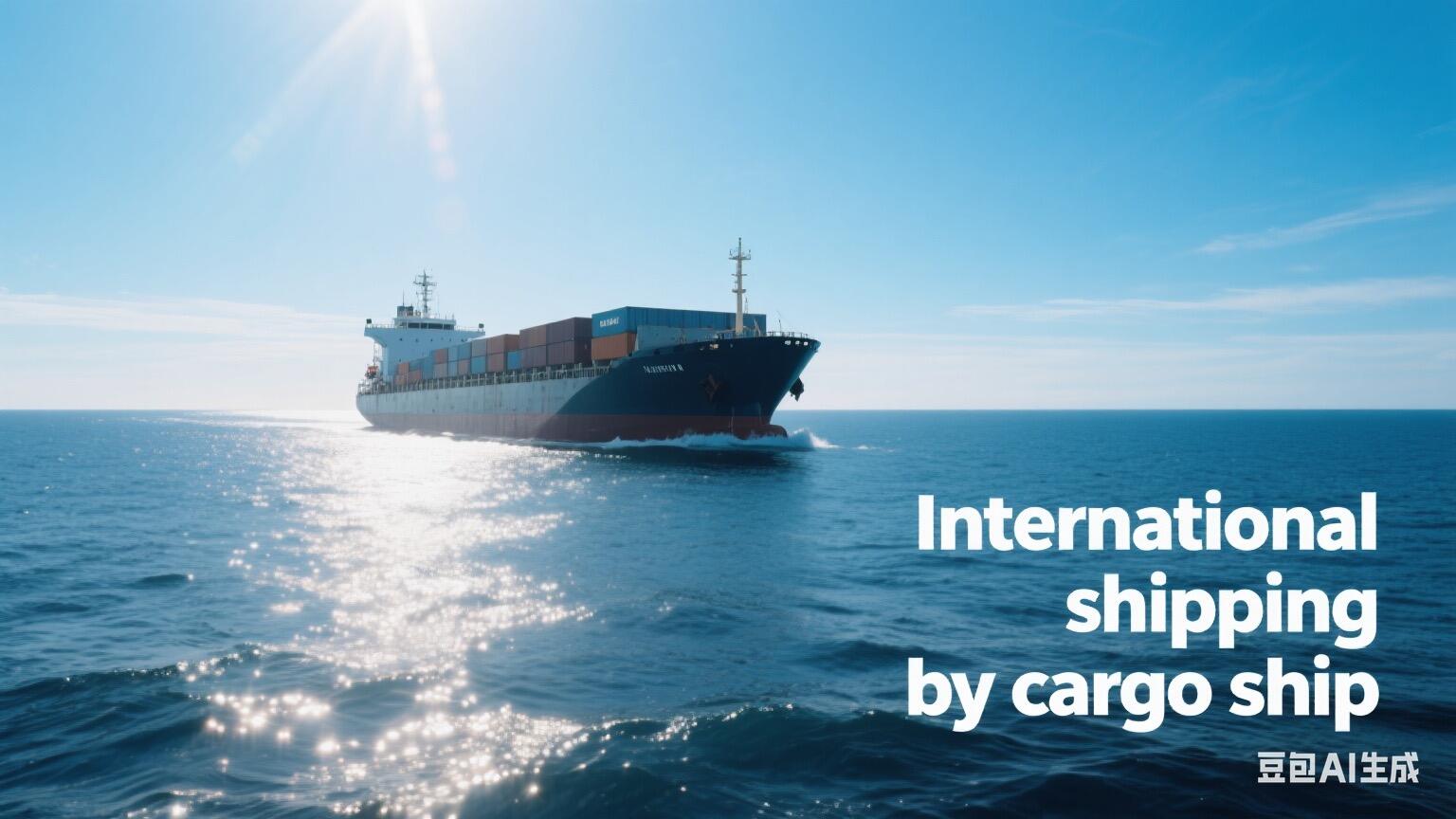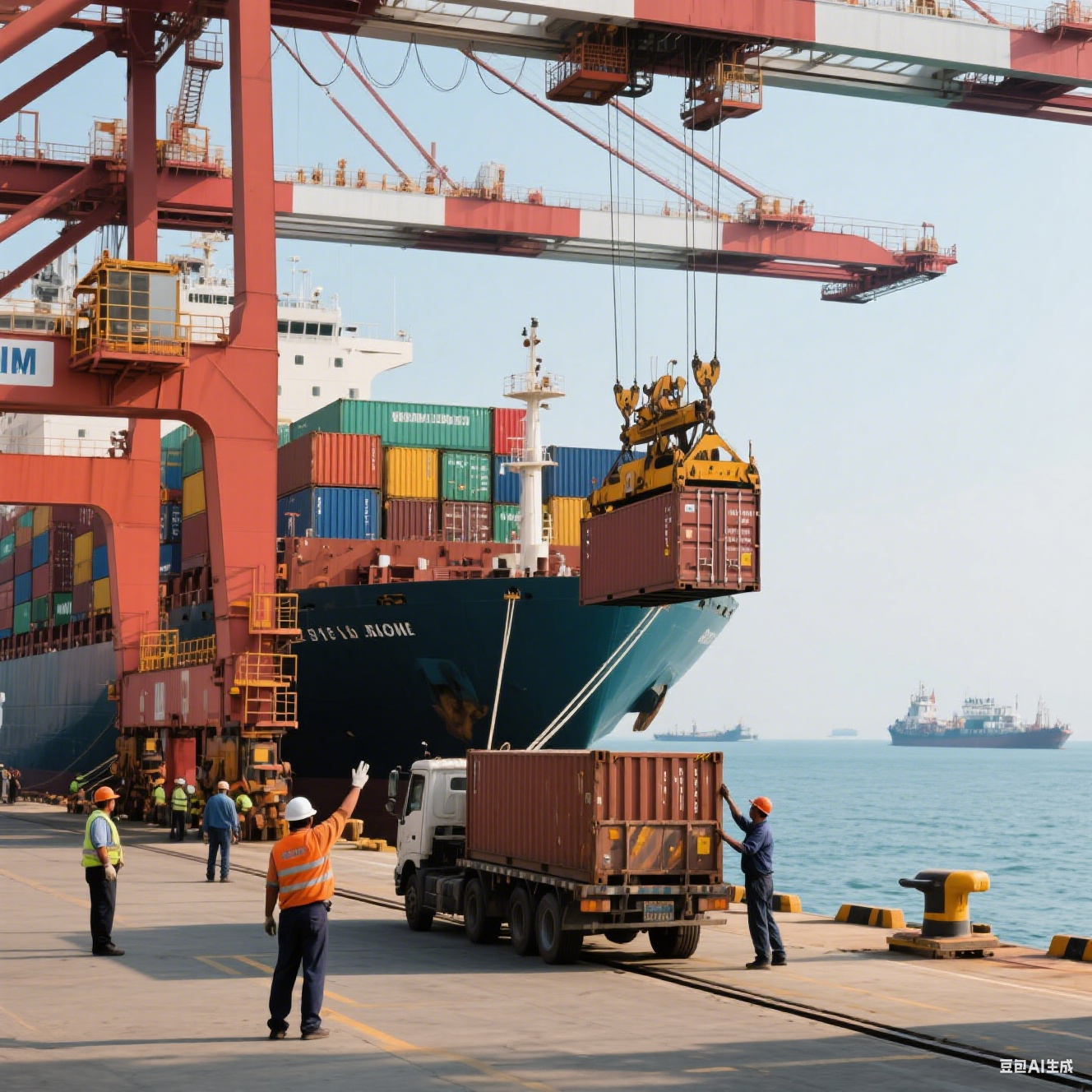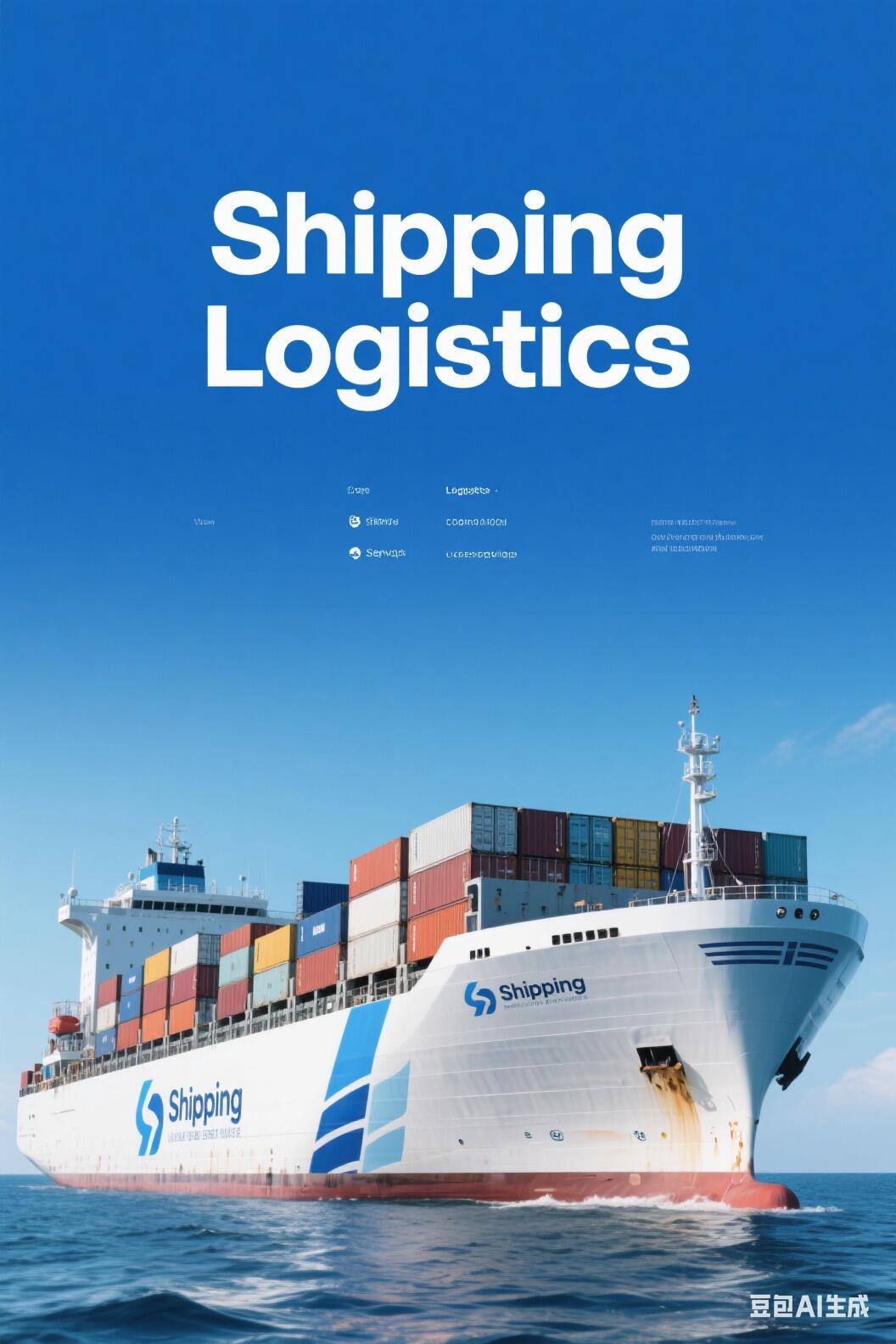wysyłka frachtu morskiego
Transport morski stanowi podstawę współczesnego handlu globalnego, umożliwiając przewóz ogromnych ilości towarów przez wody międzynarodowe. Ten zaawansowany system logistyczny wykorzystuje duże statki cargo, kontenerowce oraz specjalistyczne wyposażenie morskie do efektywnego przemieszczania towarów między kontynentami. Nowoczesne operacje transportu morskiego integrują zaawansowane systemy śledzenia, zautomatyzowane procesy załadunku oraz możliwości monitorowania w czasie rzeczywistym, aby zagwarantować bezpieczeństwo ładunku i precyzję dostawy. Branża wykorzystuje standaryzowane kontenery transportowe o długości od 20 do 40 stóp, które mogą być bezproblemowo przekazywane pomiędzy statkami, ciężarówkami i pociągami. Statki są wyposażone w nowoczesne systemy nawigacji, technologię monitoringu pogody oraz zautomatyzowane systemy zarządzania ładunkiem, które optymalizują planowanie tras i zużycie paliwa. Transport morski obsługuje różne sektory, od detalu i produkcji po rolnictwo i przemysł motoryczny, zajmując się zarówno przewozem towarów kontenerowych, jak i materiałów sypkich. System oferuje różne opcje transportowe, w tym pełne kontenery (FCL) dla większych przesyłek oraz niepełne kontenery (LCL) dla mniejszych partii, zapewniając elastyczność w zaspokajaniu różnorodnych potrzeb klientów.


